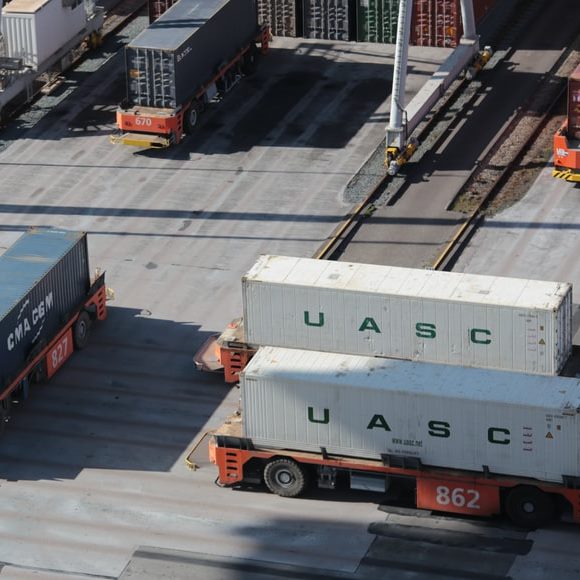
Transporting freight is a complicated process that requires careful planning. Whether you are shipping one package or an entire truckload, there are always things to consider. The stakes get higher when it comes to fragile and expensive cargo. Here are some essential facts about transporting this type of freight:
1. Getting a Reliable Company Is Key
Australia’s harsh environment and distance from other countries can often mean that your freight is at risk for damage or even loss during transport. For this reason, Wyton Transport often says that it’s crucial to select a reliable and experienced transport company to handle your fragile and expensive freight. When hiring, make sure the company you choose has a good reputation and lots of experience transporting items like yours. Ask around for recommendations, read online reviews, and compare prices to find the best option for your needs.
2. Transporting Fragile Freight Comes at a Price
With the extra care needed to transport fragile freight, it’s no wonder that the cost of doing so is often more expensive than shipping other types of cargo. Several factors can contribute to increased transportation costs for fragile items:
– The extra time and workforce required to package and handle delicate goods properly
– Increased liability insurance in case of damage or loss
– The use of unique packing materials and equipment
– More frequent delivery stops to ensure that the freight arrives in one piece
These factors add up, making transporting fragile freight a costly endeavor. That said, it’s often worth the expense to ensure your valuable cargo arrives intact.
3. It May Take More Time
Transporting fragile and expensive freight can take more time than transporting other types of cargo. This is because a load of this type requires a higher level of care and attention to detail. Make sure you plan for this when scheduling your shipment.
4. Know the Different Ways to Transport Any Freight
There are a few different ways to do it when it comes to transporting freight. You can use ground transportation, air cargo, or water transportation. Each means has its benefits and drawbacks, so you’ll need to decide which is best for your specific shipment.
5. Have a Copy of Your Invoice or Purchase Order with Your Shipment
It’s important to include a copy of your invoice or purchase order with your shipment. This will help ensure that the receiving party can verify the accuracy of the shipment and also helps speed up the process of getting your freight released from customs.
Make sure you have accurate contact information for both yourself and the recipient.
6. Insurance Is Necessary
Insuring your freight is always a good idea, especially if it’s fragile or expensive. Ensure that you’re familiar with your insurance policy and what it covers in the event of damage or loss. The fantastic thing is that many transportation companies offer insurance as part of their service, so you can guarantee that your freight is in safe hands.
Transporting delicate or expensive freight can be a challenge, but you can make the process easier and less risky by following these tips. By understanding the best way to package your goods and selecting an appropriate transportation method, you can reduce the chances of damage or loss.

